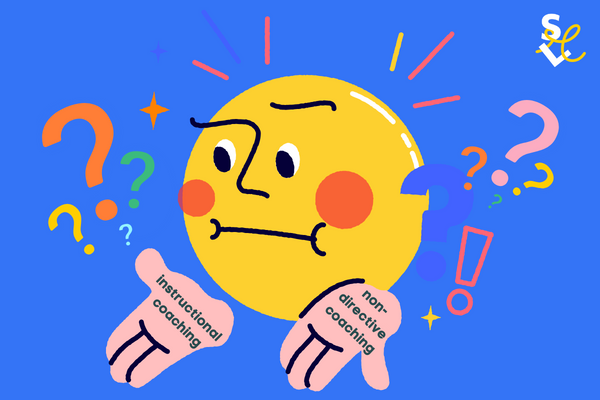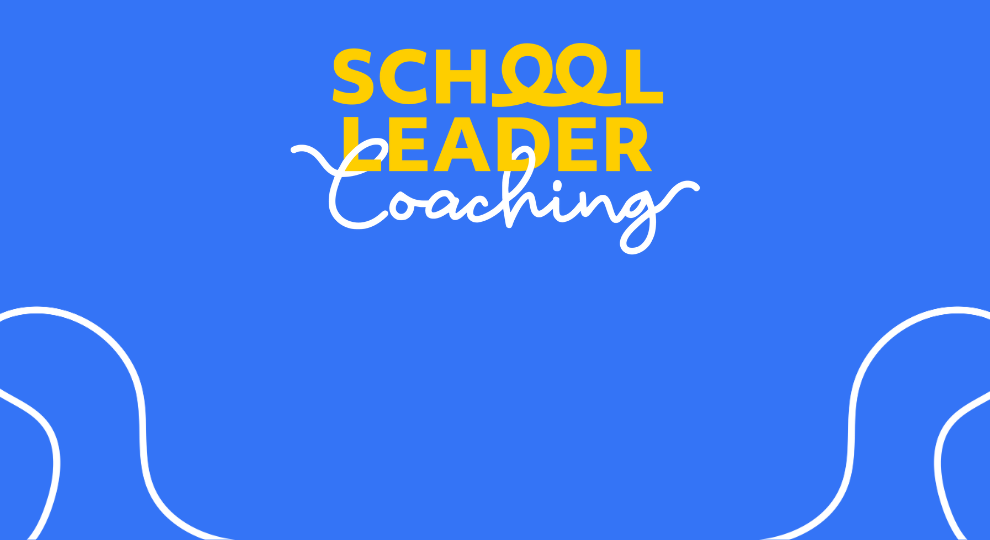Choosing the Right Path: Non-Directive or Instructional Coaching in Schools
In the busy world of education, the importance of coaching in schools has started to gain some real traction – which obviously makes me very happy!
Two coaching models that are becoming more well known, non-directive and instructional coaching, offer distinct approaches to supporting professional development. As school leaders navigate the complexities of nurturing talent and enabling growth, not to mention looking after their own professional and personal development and wellbeing, understanding the similarities and differences between these types of coaching can help you to choose which approach is right for your school.
Same, same but…
Both non-directive and instructional coaching in schools aim to enhance professional practice and ultimately promote student achievement. They provide opportunities for reflection, collaboration and personalised support tailored to each educator’s unique needs. Both coaching approaches contribute to creating nurturing learning environments that lead to more effective and happier places to learn and work but they are different.
How?
Non-directive coaching is the type of coaching I offer. It focuses on empowering you to explore your potential, focusing on your own unique needs and agenda. It offers a safe space for you to delve into your thoughts, challenges, behaviours and aspirations, guided by me, a qualified and experienced coach; I’ll facilitate your growth through questioning rather than providing solutions. This places emphasis on autonomy, self-reflection as well as personal growth and cultivates self-awareness, resilience, adaptability and emotional intelligence among educators, enabling them to navigate complex educational challenges more effectively, with more enjoyment and less stress.
Contrary to non-directive coaching’s open-ended and coachee-driven nature, instructional coaching adopts a more directive approach focused on specific strategies and classroom practices. It is usually aligned with your school’s objectives and targets aimed at improving student outcomes. Instructional coaches, like mentors, provide concrete feedback, resources and guidance to educators, emphasising skill development and implementation of evidence-based instructional techniques. This model focuses on performance enhancement and skill acquisition, aiming to bridge the gap between where someone is now in their practice and where they and their institution would like them to be.
The power
Both coaching models have immense potential and power in supporting educators. While each approach offers different benefits and challenges, the principles of reflection, collaboration and continuous improvement are embedded within both of these ways of working.
I offer non-directive coaching in 1:1 and group settings, so if you think that’s what your school needs then get in touch. If you’re still not sure, read this. Or, if it’s instructional coaching you’re after, take a look at this article.






0 Comments